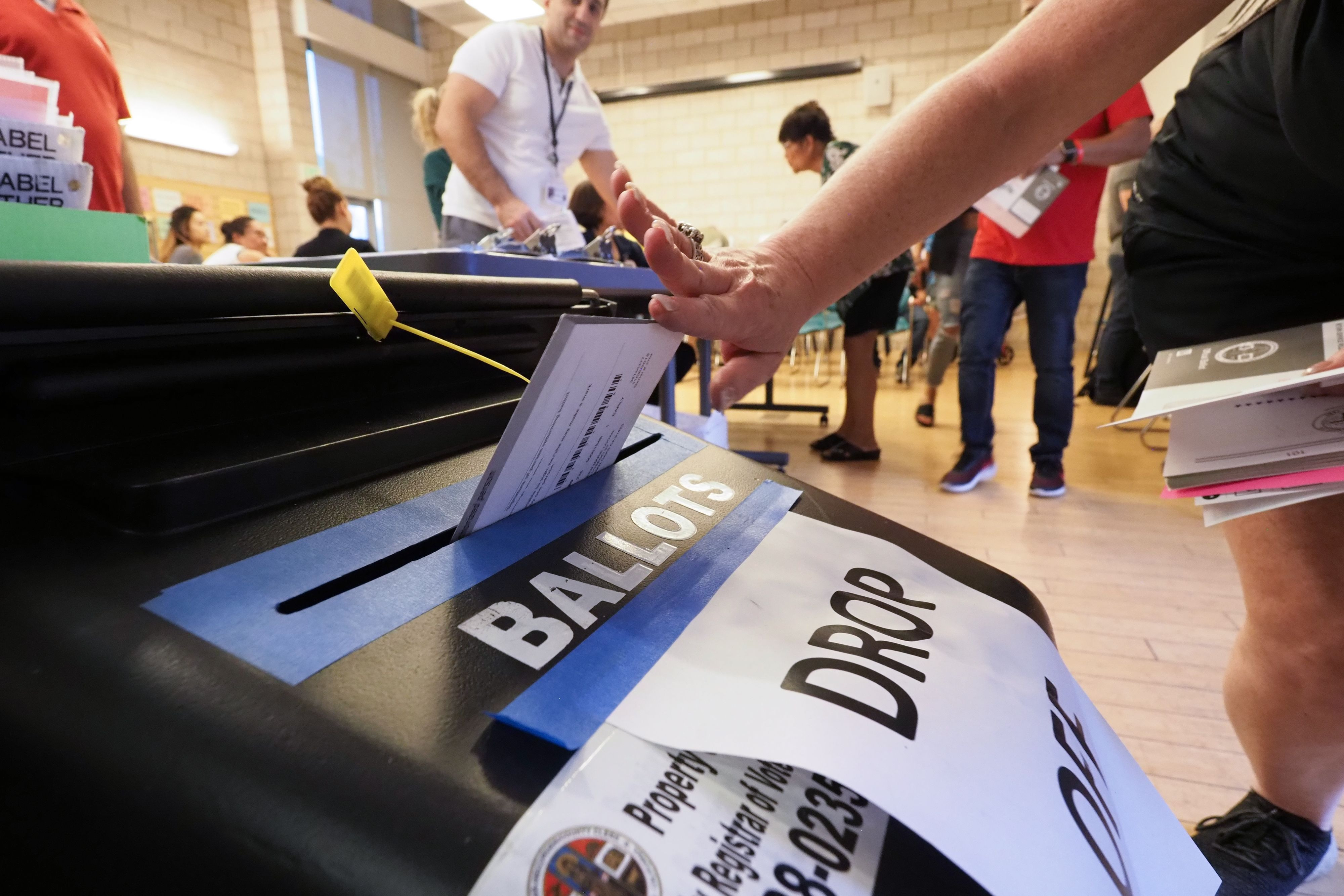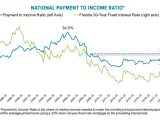
This Election Could Decide the Future of Elections Themselves
November 6, 2018As America lurched toward another Election Day like a train on the verge of breakdown, both major parties seemed less focused on winning support than fighting over who got to vote in the first place.
In North Dakota, a new, Republican-penned voter ID requirement had many Native Americans scrambling to acquire the official addresses they suddenly needed to cast ballots. Georgia Secretary of State Brian Kemp, a Republican overseeing the election while simultaneously running for governor, publicly launched an investigation into the Democratic Party for hacking, without providing any evidence of it. (Kemp's office also came under fire for making it difficult for people flagged by the system to prove their identities, and a judge just ruled against him in a related suit.) From Ohio to Kansas to Texas, a combination of purges of the voter rolls, closures of polling stations (especially in minority areas), and a web of hard-to-navigate state and local rules have placed obstacles in the path of citizens hoping to vote—mainly traditionally Democratic constituents like the poor, the young, and people of color.
Most, but not all, of these suppression efforts came from the right—in North Dakota, Democrats appeared to put out a Facebook ad spreading the rumor that voting could mean forfeiting your hunting license. By and large, Democrats and left-leaning groups have pushed back against restrictive voting laws by filing lawsuits, registering new voters, and making a massive get-out-the-vote push in the campaign's final days. Early indications suggested turnout would likely be up from the abysmal levels of 2014, and that Democrats might be able to erode the GOP's traditional enthusiasm edge in midterm elections.
Republicans have long engaged in get out the vote campaigns as well, of course. But the parties have divergent philosophies when it comes to the mechanics of democracy: The GOP tends to focus on the (basically nonexistent) threat of voter fraud to justify complicated and restrictive voting rules, while Democrats usually support measures making it easier to vote. (This is not a universal rule, as New Yorkers can attest.)
While a lot is at stake on Tuesday, one of the core issues is the meta-issue of voting itself. If voters elect Republicans and support GOP-backed ballot measures, the trend toward voter suppression will continue, making it more likely that the Republican Party will retain control over the federal government in 2020 and beyond. This election is not just about who will win the House of Representatives, then—it's about whether American democracy will become more inclusive or atrophy under the weight of bad-faith suppression tactics.
The most obvious way voting is on the ballot is in secretary of state races, battles for low-profile positions that nonetheless hold a lot of power. That power is making itself known in the Georgia governor's race: Under Kemp, the secretary of state's office purged voters from the rolls when they failed to respond to a postcard and didn't vote in two consecutive elections, stuck 53,000 people in administrative limbo because their applications to vote didn't exactly match other state databases, and rejected absentee ballots over perceived mismatched signatures. All of these measures stemmed from Georgia laws that were allegedly intended to reduce fraud, but could lead to voters—especially black voters—being disenfranchised. As election experts denounced Kemp's last-minute charge that Democrats hacked the election system, it was already clear that whatever the result, the contest was going to be marked by scandal—and Kemp, the person in charge of overseeing it, stood to benefit.
In Kansas, Republican Secretary of State Kris Kobach is trying to travel a similar path to victory. One of the country's loudest—if not necessarily brightest—voices for targeted voter suppression, Kobach has for years drummed up fears about fraud while instituting extremely strict standards, some of which were struck down by a judge. (Kobach, who the Guardian this week revealed accepted donations from a group affiliated with white supremacists, is seen as so far to the right that many state Republicans have publicly abandoned him.)
If Kobach and Kemp can win their respective races, it will validate the GOP's restrictionist approach to voting, and they'll surely continue to support strict voter requirements in bids to retain power for as long as possible. But there are also ballot measures in some states that will affect voting directly.
In Florida, voters will decide whether to extend the franchise to felons the state currently bars from voting. In North Carolina, where GOP supermajorities in the legislature have experimented with a variety of democracy-bending tactics in order to retain power and sideline Democratic Governor Roy Cooper, Republicans have put several amendments to the state constitution on the ballot. The most relevant of these would institute a voter ID requirement—which follows a federal court striking down a state voter ID law for targeting African American voters—and give the Republican-controlled legislature control over the state elections board. These are clear efforts to entrench GOP power in a state that narrowly went for Donald Trump in 2016 while electing a Democratic governor.
Even more importantly, gubernatorial and state legislative races on Tuesday and in 2020 will decide who gets to literally redraw electoral maps after the 2020 census. Eight years ago, Republicans took advantage of an ideally timed wave election to gerrymander themselves some favorable seats in the House and in state chambers, giving themselves advantages that let them keep control in subsequent contests. Those advantages mean that though Democrats had a big lead in national polls on Monday, they could win more votes nationwide and still fail to take back the House.
If Democrats win enough governor's mansions and state legislatures, they will have the opportunity to return the favor and give themselves an edge for the next decade with partisan legislative maps. Or, given their party's aversion to the sort of hardball tactics practiced by the GOP, they might decide to institute more nonpartisan redistricting processes of the sort already practiced in California and other states. But Democrats who gain control of state governments could also make voting rights a priority by, for instance, instituting automatic voter registration and giving people time off to vote, causes that tend to be embraced by a big chunk of the progressive base.
If Republicans win big at the state level on Tuesday, however, we know what they'll do because they've been doing it for years: restrict voting in every way possible, shrink the electorate by any means necessary, and give themselves every advantage they can. The GOP has dug itself in. To dislodge it will take a very big wave.
Follow Harry Cheadle on Twitter.


